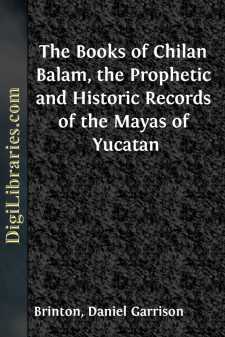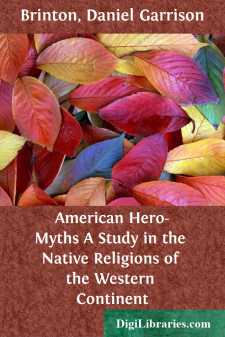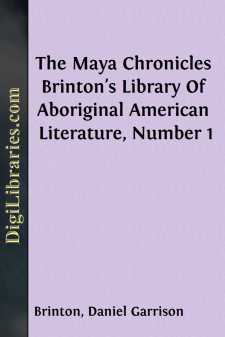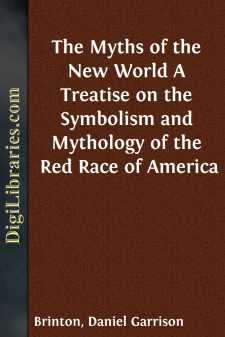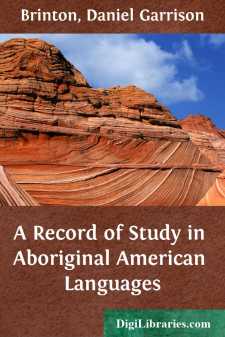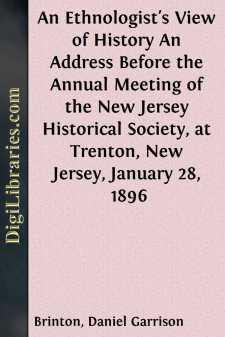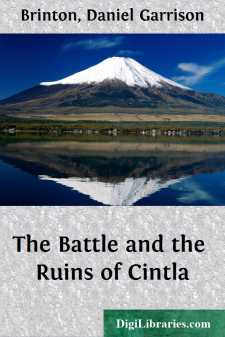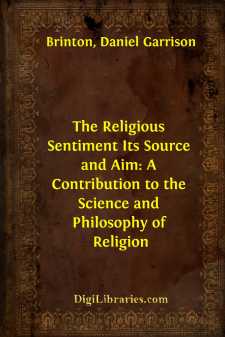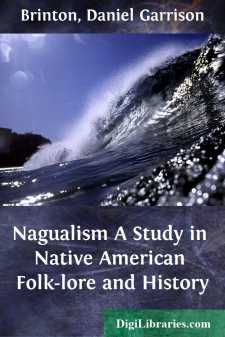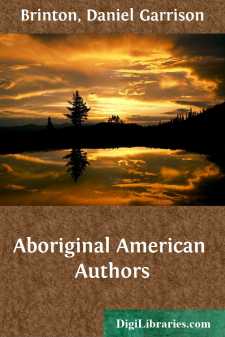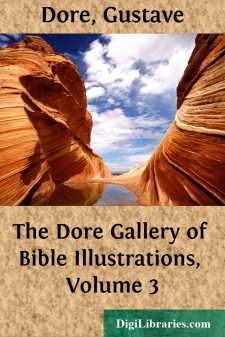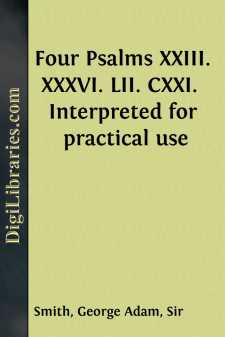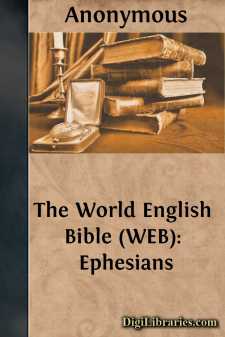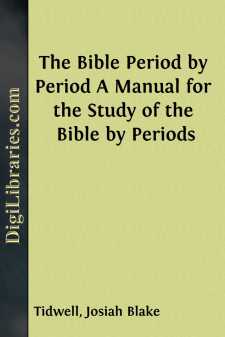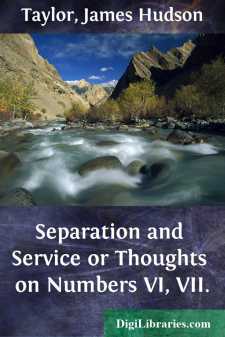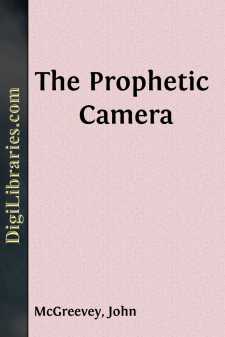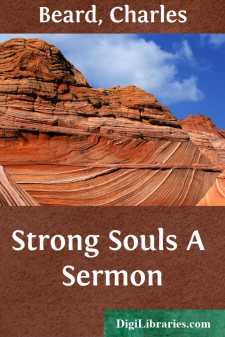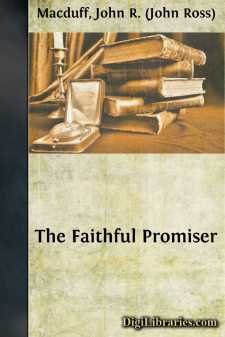Categories
- Antiques & Collectibles 13
- Architecture 36
- Art 48
- Bibles 22
- Biography & Autobiography 813
- Body, Mind & Spirit 142
- Business & Economics 28
- Children's Books 15
- Children's Fiction 12
- Computers 4
- Cooking 94
- Crafts & Hobbies 4
- Drama 346
- Education 46
- Family & Relationships 57
- Fiction 11828
- Games 19
- Gardening 17
- Health & Fitness 34
- History 1377
- House & Home 1
- Humor 147
- Juvenile Fiction 1873
- Juvenile Nonfiction 202
- Language Arts & Disciplines 88
- Law 16
- Literary Collections 686
- Literary Criticism 179
- Mathematics 13
- Medical 41
- Music 40
- Nature 179
- Non-Classifiable 1768
- Performing Arts 7
- Periodicals 1453
- Philosophy 64
- Photography 2
- Poetry 896
- Political Science 203
- Psychology 42
- Reference 154
- Religion 513
- Science 126
- Self-Help 84
- Social Science 81
- Sports & Recreation 34
- Study Aids 3
- Technology & Engineering 59
- Transportation 23
- Travel 463
- True Crime 29
The Books of Chilan Balam, the Prophetic and Historic Records of the Mayas of Yucatan
Description:
Excerpt
ivilization in ancient America rose to its highest level among the Mayas of Yucatan. Not to speak of the architectural monuments which still remain to attest this, we have the evidence of the earliest missionaries to the fact that they alone, of all the natives of the New World, possessed a literature written in “letters and characters,” preserved in volumes neatly bound, the paper manufactured from the bark of a tree and sized with a durable white varnish.
A few of these books still remain, preserved to us by accident in the great European libraries; but most of them were destroyed by the monks. Their contents were found to relate chiefly to the pagan ritual, to traditions of the heathen times, to astrological superstitions, and the like. Hence, they were considered deleterious, and were burned wherever discovered.
This annihilation of their sacred books affected the natives most keenly, as we are pointedly informed by Bishop Landa, himself one of the most ruthless of Vandals in this respect. But already some of the more intelligent had learned the Spanish alphabet, and the missionaries had added a sufficient number of signs to it to express with tolerable accuracy the phonetics of the Maya tongue. Relying on their memories, and, no doubt, aided by some manuscripts secretly preserved, many natives set to work to write out in this new alphabet the contents of their ancient records. Much was added which had been brought in by the Europeans, and much omitted which had become unintelligible or obsolete since the Conquest; while, of course, the different writers, varying in skill and knowledge, produced works of very various merit.
Nevertheless, each of these books bore the same name. In whatever village it was written, or by whatever hand, it always was, and to-day still is, called “The Book of Chilan Balam.” To distinguish them apart, the name of the village where a copy was found or written, is added. Probably, in the last century, almost every village had one, which was treasured with superstitious veneration. But the opposition of the padres to this kind of literature, the decay of ancient sympathies, and especially the long war of races, which since 1847 has desolated so much of the peninsula, have destroyed most of them. There remain, however, either portions or descriptions of not less than sixteen of these curious records. They are known from the names of the villages respectively as the Book of Chilan Balam of Nabula, of Chumayel, of Káua, of Mani, of Oxkutzcab, of Ixil, of Tihosuco, of Tixcocob, etc., these being the names of various native towns in the peninsula.
When I add that not a single one of these has ever been printed, or even entirely translated into any European tongue, it will be evident to every archæologist and linguist what a rich and unexplored mine of information about this interesting people they may present. It is my intention in this article merely to touch upon a few salient points to illustrate this, leaving a thorough discussion of their origin and contents to the future editor who will bring them to the knowledge of the learned world....


